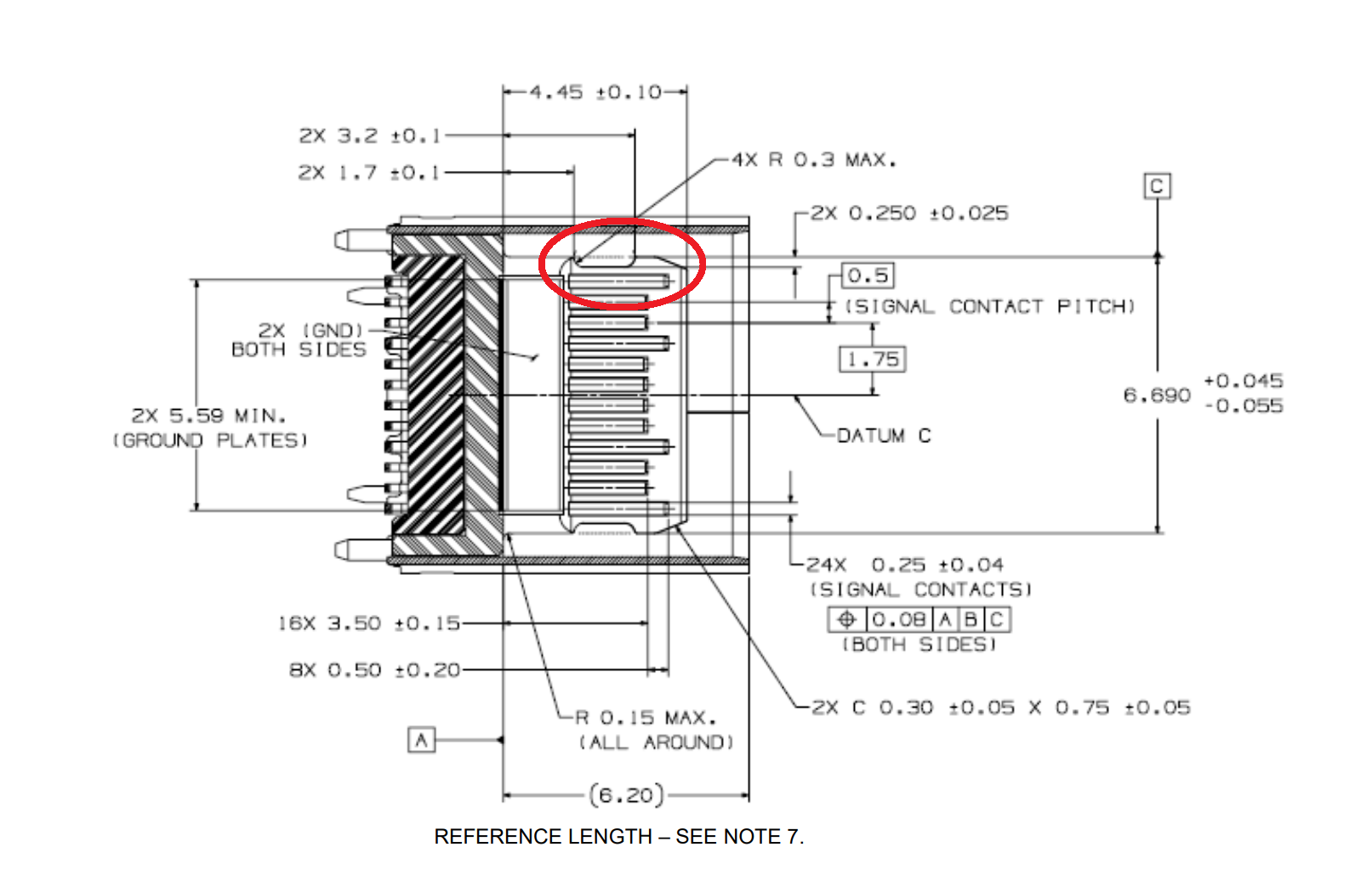Vibe coding: code review still required
Another AI/vibe coding battle story which makes me hard to believe it is possible to create reliable products through vibe coding alone without code review. The AI emulates humans too […]
Another AI/vibe coding battle story which makes me hard to believe it is possible to create reliable products through vibe coding alone without code review. The AI emulates humans too […]
When LinkedIn announced they will no longer support email alerts when the certificate expires, I quickly vibe-coded the solution, but it took me a while to “productionize” it so I […]
In our system we can “hide” a user conversation in two ways. There are internal “service” conversations that are technically owned by a user, but are not supposed to be […]
TL;DR I use a lot of AI-assisted coding now. It is a huge productivity boost, but the agents still do a lot of things wrong and need to be guided […]

I stumbled upon this video on YouTube. It’s a 2-hour rant about how hideous C++ is, presented in a somewhat robotic, probably AI-generated voice. I watched it glued to my […]

“Fallback” seems to be the favorite word of AI coding agents, and the bane of my existence lately. To paraphrase one famous quote: “Wenn ich ‘Fallback’ höre … entsichere ich […]
Any group of people, development teams included, creates its own mini-language where existing words change meaning and new words are invented. In our case the word was “unattended.” Over a […]

We were discussing time zones at work, and suddenly I had a refreshing thought: why do we have negative UTC offsets? This regularly causes bugs when translating times to dates. […]
A typical story: your project has an internal component named xyz, you develop a new version and name it, of course, xyz_new. Is it a good idea? I don’t think […]

My phone’s USB-C connector was having problems holding on to cables for a long while, and today it finally stopped working altogether: the cable will pop out no matter what […]